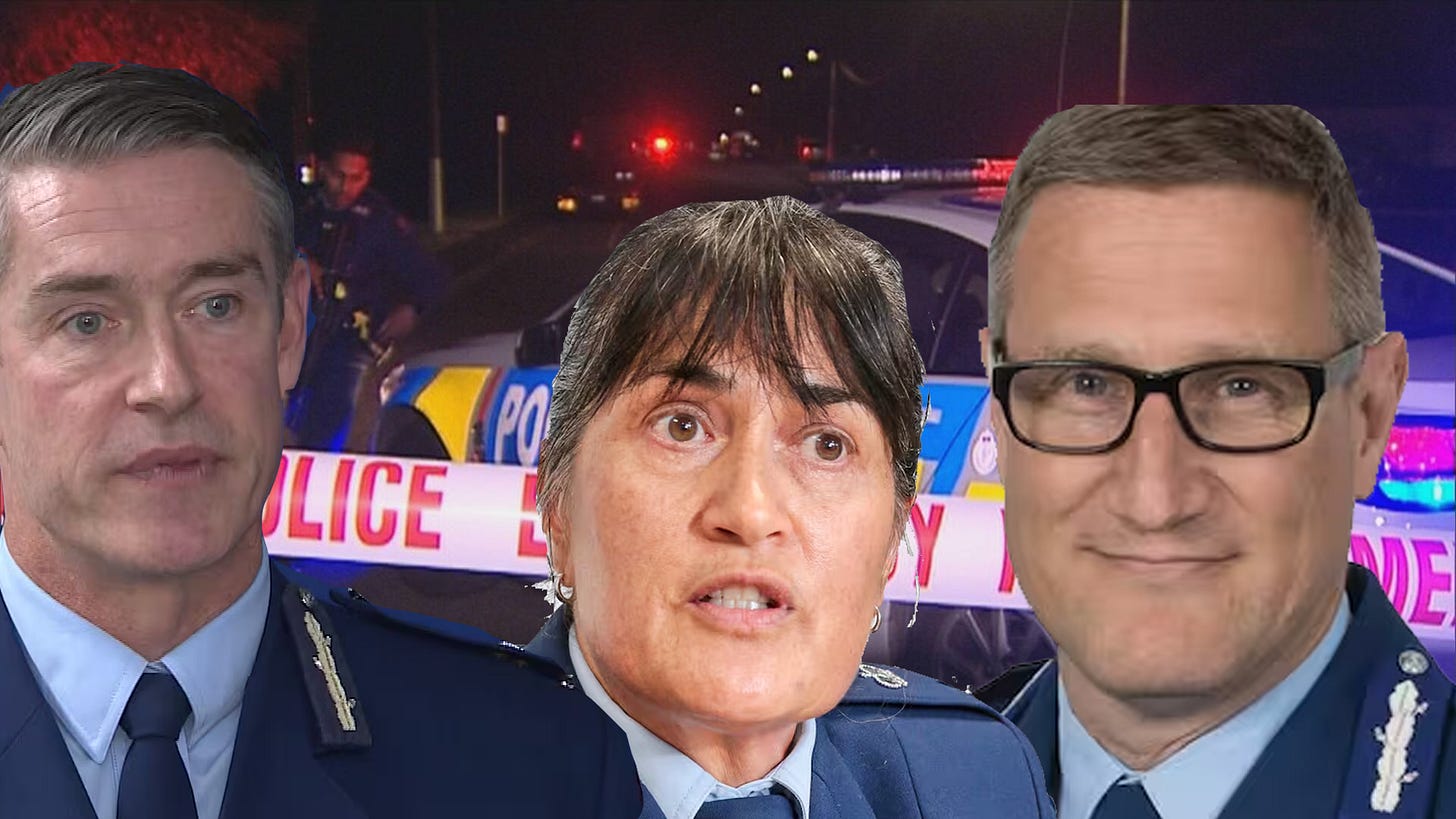How ordinary police misconduct threatens public trust
While headlines this week focus on scandals at the very top of the New Zealand Police, the more routine abuses of power, the ones that happen every day, are just as damaging, if not more so. These are the cases that rarely make it into the news cycle: officers writing misleading “statements of facts” that should be in my opinion called summaries of alle…




